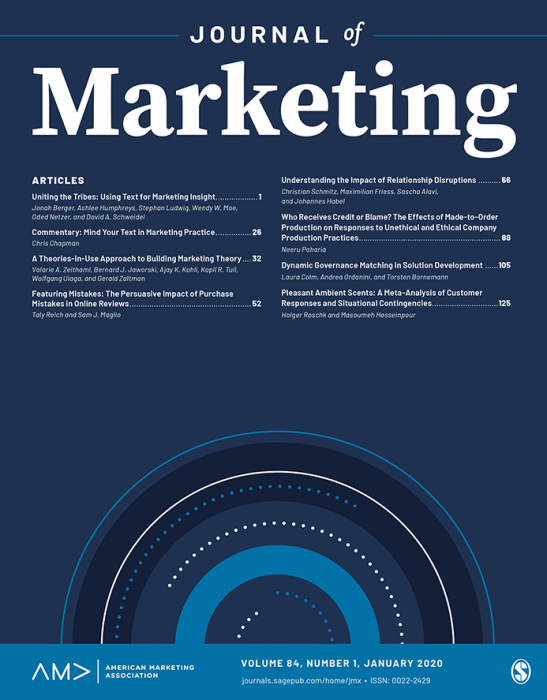快讯不造成伤害?印度药品价格监管的意外后果
IF 10.4
1区 管理学
Q1 BUSINESS
引用次数: 0
摘要
印度的《2013 年药品价格管制令》(DPCO)对某些基本药物和救命药物的价格进行了管制,以确保这些药物的可负担性和可获得性,并期望以此促进这些药物的销售。为了评估是否实现了这种销售增长,我们采用合成控制法,利用未发生监管变化的可比国家的销售数据,研究了监管对每种受监管药品销售量的影响。我们通过多种实证方法来评估结果的稳健性,以三角测量我们的研究结果。与该命令的目标相反,我们发现受管制药品的销售量出现了下降。由于该命令对生产水平和药品退出市场施加了限制,受管制药品利润的降低可能会促使制药公司减少对这些药品的营销支出。我们利用一家大型制药公司的详细数据为这种减少提供了证据。我们说明,这种细节上的变化对没有正规医学学位的医生开出的处方产生了不利影响,这些医生为印度的穷人和弱势群体提供治疗,而《药品管制条例》本意是要为这些患者提供最大的帮助。我们进行的一项调查显示,这些医生比受过医学培训的医生更依赖于细化处方。综上所述,我们的研究结果为企业在面对法规时的战略行动提供了启示,并凸显了其意外后果。我们的研究结果具有广泛的药物通用性,这对政府机构在实施此类法规时需要考虑患者、医生、制药公司和药店的整个生态系统具有启示意义。本文章由计算机程序翻译,如有差异,请以英文原文为准。
EXPRESS: Do No Harm? Unintended Consequences of Pharmaceutical Price Regulation in India
The Drug Price Control Order 2013 (DPCO) in India, regulated the prices of certain essential and life-saving drugs to ensure their affordability and availability; with the expectation that this would translate into boosting the sales of those drugs. To assess whether such a sales increase was achieved, we study the effects of the regulation on sales volumes of each regulated drug using a synthetic control approach with sales data from a comparable country which did not experience a regulatory change. We assess the robustness of our results via multiple empirical approaches to triangulate our findings. Contrary to the order’s objectives, we find that sales volumes decline for regulated drugs. Since the order placed restrictions on production levels and on drugs exiting the market, the lowered margins of regulated drugs could have pushed pharmaceutical firms to reduce their marketing expenditures on them. We provide evidence of such a reduction using detailing data from a large pharmaceutical firm. We illustrate that this shift in detailing adversely affected prescriptions from physicians without formal medical degrees who treat the poor and disadvantaged in India; patients that the DPCO was intended to help the most. A survey we conducted shows that these physicians rely on detailing more than medically trained doctors. Taken together, our results provide insights into the strategic actions of firms when faced with regulations, and highlights their unintended consequences. The generalizable nature of our study’s findings across a broad set of medications, has implications for governmental agencies in terms of the need to account for the entire ecosystem of patients, physicians, pharmaceutical firms and pharmacies when implementing such regulations.
求助全文
通过发布文献求助,成功后即可免费获取论文全文。
去求助
来源期刊

Journal of Marketing
BUSINESS-
CiteScore
24.10
自引率
5.40%
发文量
49
期刊介绍:
Founded in 1936,the Journal of Marketing (JM) serves as a premier outlet for substantive research in marketing. JM is dedicated to developing and disseminating knowledge about real-world marketing questions, catering to scholars, educators, managers, policy makers, consumers, and other global societal stakeholders. Over the years,JM has played a crucial role in shaping the content and boundaries of the marketing discipline.
 求助内容:
求助内容: 应助结果提醒方式:
应助结果提醒方式:


